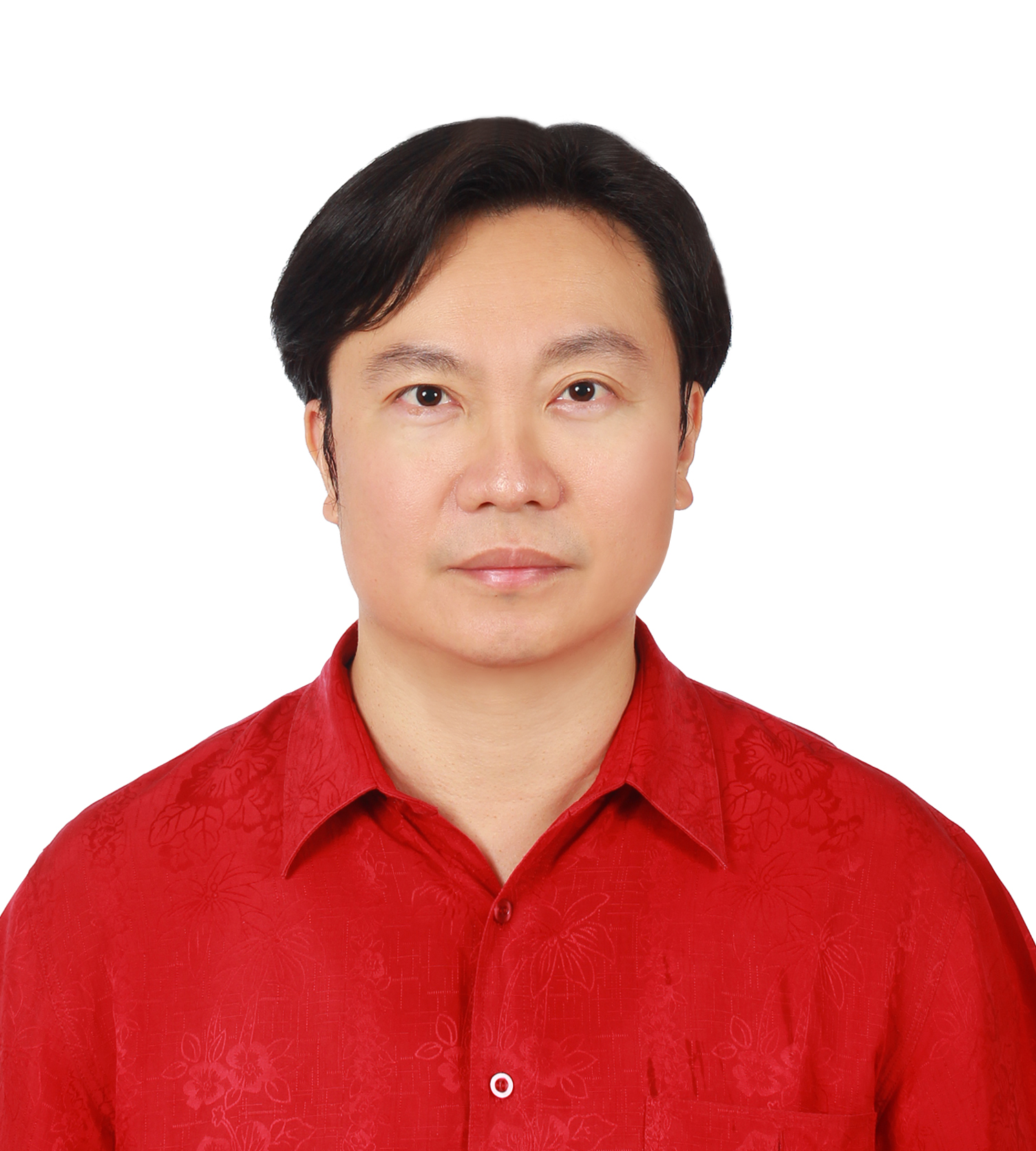Sung-Liang Yu

Affiliations
Department of Clinical Laboratory Sciences and Medical Biotechnology, Department of Pathology and Graduate Institute of Pathology, Center for Optoelectronic Biomedicine, National Taiwan University College of Medicine.
Biography
Dr. Sung-Liang Yu is a professor at Department of Clinical Laboratory Sciences and Medical Biotechnology, Department of Pathology and Graduate Institute of Pathology , College of Medicine, National Taiwan University (NTU). He was graduated from School of Medical Technology, NTU in 1986 and received his PhD degree from Institute of Microbiology & Immunology, National Yang-Ming University in 1999. Prof.
Yu is devoted to the development of functional genomics platforms and the study of lung cancer progression in the past 14 years. He manages two national core facilities, one for genomics and the other for translational medicine, and develops many state-of-the-art microarray and next generation sequencing platforms for assays of genomics, epigenomics, transcriptomics and Cellomics, particularly for precision medicine. Prof. Yu also serves as a consultant in these fields to make researchers easier to solve their difficulties. The main interested topics of Prof. Yu are cancers and infectious diseases.
Abstract
Development of Personalized Medicine: Taiwan Experience
Sung-Liang Yu
In the past fourteen years, we identified two lung cancer prognostic markers, a 5-gene marker and a 5-microRNA marker, that predict survival of patients with non-small cell lung cancer, NSCLC. Both studies provide the important insight in chemotherapy of lung cancer. On the other hand, we identified a 6-CNV marker (copy number variation) that can predict overall and disease-free survivals of patients with EGFR-activating mutation treated with EGFR-TKI.
Cancer patients largely benefit from the development of molecular target therapy and companion diagnosis. Patients avoid inappropriate treatment, adverse effects and poor life quality as well as unsatisfied survival by personalized medicine. We developed a gene mutation quantification method by DNA mass spectrometry that can detect as low as 1% gene mutations. We found that the pre-treatment T790M mutation was associated with shorter PFS of EGFR TKI therapy in NSCLC patients. To meet clinical requests we established an ISO15189 certificated reference Lab to provide clinical service. Recently we discovered a germ line mutation of lung cancer, YAP1, by whole genome sequencing in a familiar cohort which is associated with tumorigenesis. Moreover, we develop comprehensive functional genomics platforms to link clinical and basic cancer researches.

